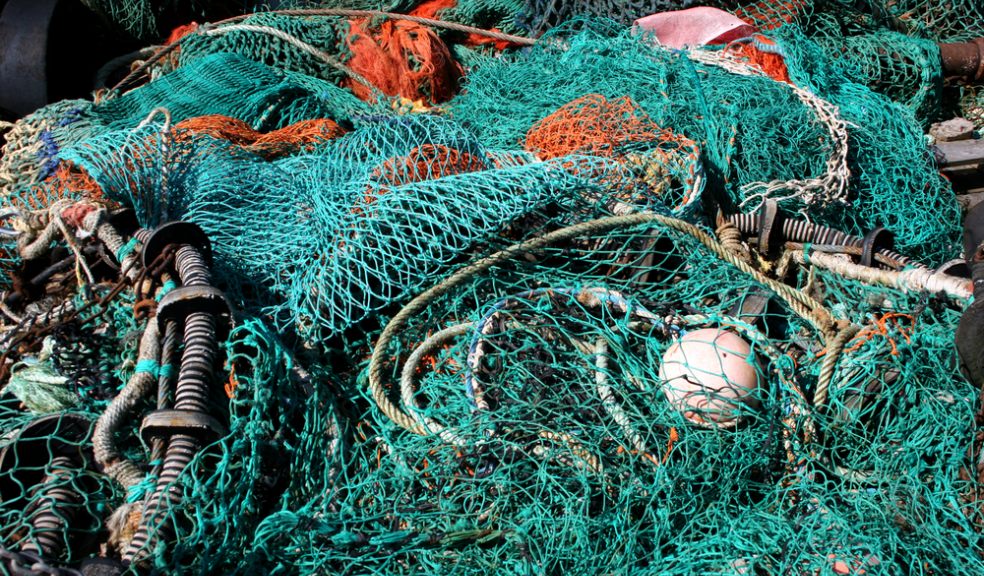
The seas are a climate change battleground - and the Government is not protecting them
Britain's bass stocks have collapsed, with commercial fishermen and even recreational anglers facing drastic cuts in what they're allowed to catch. West Country boats are laid up after a total ban on fishing for skate — the latest evidence of our continuing failure to manage our seas properly.
But it is not all bad news. Tough decisions to slash cod quotas in the North Sea in recent years, vigorously opposed by the fishing industry at the time, have led to the stock beginning to recover. But still far too little is being done to ensure we have a healthy, sustainable marine environment to pass on to future generations.
It is easy to get worked up about environmental degradation on land. But most of us never see the destruction of the seabed caused by dredging for scallops or bottom trawling. Yet exactly five years ago, we passed the pioneering 2009 Marine and Coastal Act. This was our "climate change act for the seas", hailed as a model internationally. It enjoyed all-party support. Sadly, progress on implementing it has been pitiful.
One of the act's central provisions was to establish a network of Marine Conservation Zones around our coasts. These were painstakingly identified by regional consultative groups, which included commercial fishermen; 127 was the minimum number deemed necessary. So far the Government has designated 27.
We know that marine conservation zones work. They helped reverse the collapse of the cod stocks off north- east America in the 1980s, and one around the Devon island of Lundy has boosted fish and shellfish stocks in the surrounding areas significantly.
The most recent Natural Capital Committee report calculates that restoring fish stocks to the level of 50 years ago would be worth an additional £1.4bn a year to the UK economy. Sea angling contributes more than £1bn, with 23,600 jobs, but is seriously threatened by the collapse of anglers' favoured species: bass.
Healthy seas are also vital in our battle against climate change and the growing threat from coastal flooding. This is why more than 120 parliamentarians from across the political spectrum are calling this week on all the political parties to commit in their manifestos to complete the full designation of marine conservation zones by 2016.
We are supported by all the major charities and campaigning groups, including the RSPB, Marine Conservation Society, WWF, Wildlife Trusts and the National Trust. We will present a petition to the Prime Minister with more than 300,000 signatures, supported by 86 of our leading marine scientists. But most importantly of all, we need the wider British public to hold us to account, at the general election and beyond, for the sake of our seas.


















